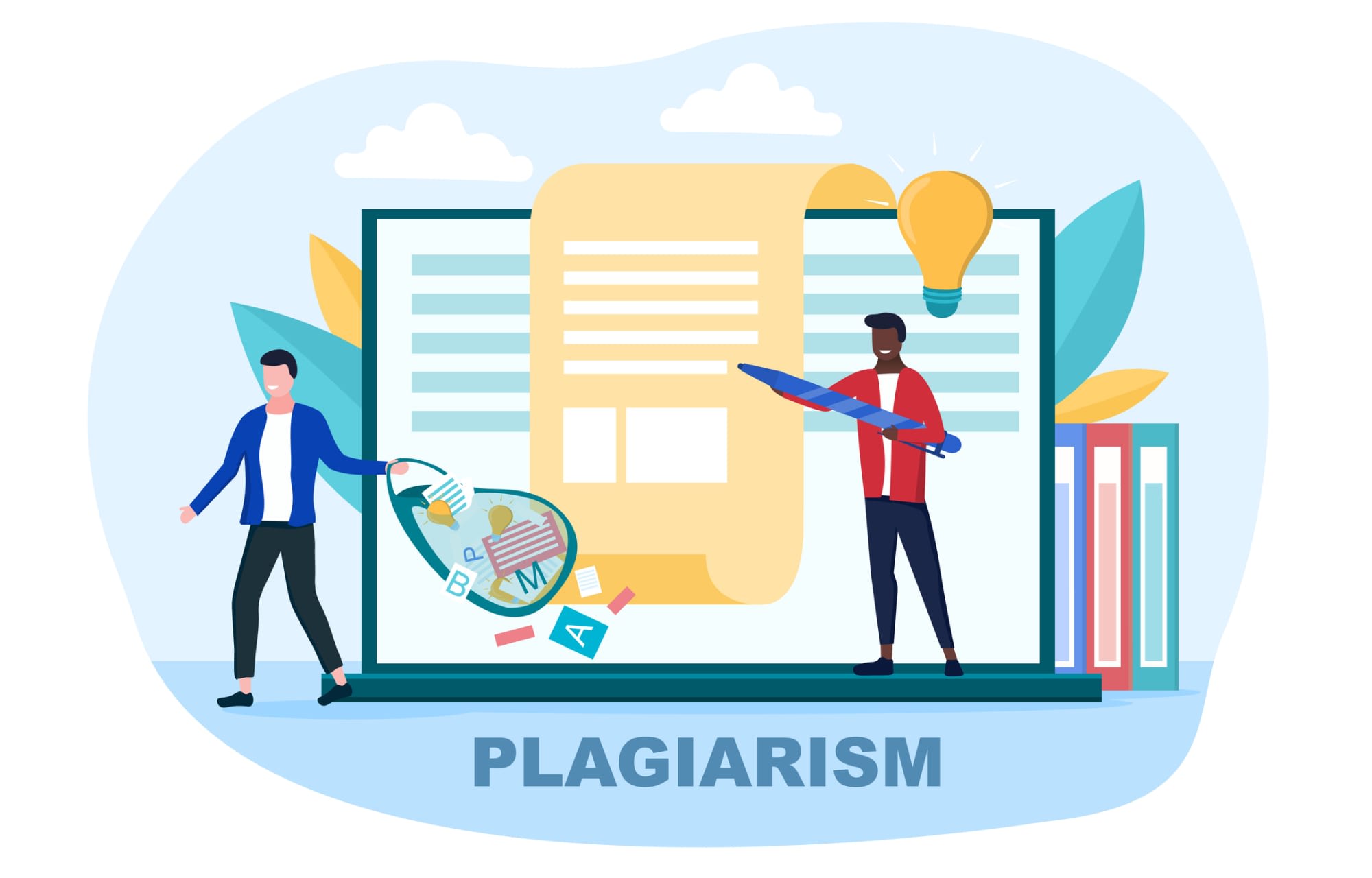This Blog-post is a response to the thinking activity task on Plagiarism and Academic Integrity, given by our professor Megha Trivedi ma'am.
What is Plagiarism and what are its consequences?
We studying MLA 7th edition book one of Paper on Research Writing in our syllabus. The second chapter is about Plagiarism and Academic Integrity.
Definition of Plagiarism:
According to the Merriam-Webster online dictionary, to "plagiarize" means:
- to steal and pass off (the ideas or words of another) as one's own
- to use (another's production) without crediting the source
- to commit literary theft
- to present a new and original idea or product derived from an existing source
In research methodology, the researcher must follow the kind step toward his/her research destiny of research. Because there is already a particular theory will available, at the end of that specific research, we have to find a certain kind of 'gap' in that which can help us to find our argument points.
According to scribbr.com, plagiarism means using someone else’s work without giving them proper credit. In academic writing, plagiarizing involves using words, ideas, or information from a source without citing it correctly.
In its Academic Honesty Policy, The University of Central Missouri defines plagiarism as:
"Plagiarism - Plagiarism is defined as the borrowing of ideas, opinions, examples, key words, phrases, sentences, paragraphs, or even structure from another person's work, including work written or produced by others without proper acknowledgment. "Work" is defined as theses, drafts, completed essays, examinations, quizzes, projects, assignments, presentations, or any other form of communication, be it on the Internet or in any other medium or media. "Proper acknowledgment" is defined as the use of quotation marks or indenting plus documentation for directly quoted work and specific, clearly articulated citation for paraphrased or otherwise borrowed material."
Most students know that plagiarism (passing off another person’s work as your own) is a form of academic dishonesty and is strictly prohibited. It is possible, however, for an individual to be unintentionally guilty of plagiarizing-- by using another individual’s work without attributing the work to the original author or by changing another’s work only minimally. It is important to understand what constitutes plagiarism and how to avoid it.
("Plagiarism." Merriam-Webster. Merriam-Webster, n.d. Web. 20 July 2017.)
Here are the types of Plagiarism:
Consequences of Plagiarism:
In MLA 7th edition, in the second chapter, 'Plagiarism and Academic Integrity'- the second point is about the consequences of plagiarism. In that three examples are given. About Journalism, writers' carrier, and in case of students.
When professional writers, such as journalists, are exposed as plagiarists, they are likely to lose their jobs, and they are certain to suffer public embarrassment and loss of prestige. Almost always, the course of a writer's career is permanently affected by a single act of plagiarism. The serious consequences of plagiarism reflect the value the public places on trustworthy information. express
Students exposed as plagiarists may suffer severe penalties, ranging from failure in the assignment or in the course to expulsion from school. This is because student plagiarism does considerable harm For one thing, it damages teachers' relationships with students, turn- ing teachers into detectives instead of mentors and fostering suspicion instead of trust. By undermining institutional standards for assigning grades and awarding degrees, student plagiarism also becomes a matter of significance to the public. When graduates' skills and knowledge fail to match their grades, an institution's reputation is damaged For example, no one would choose to be treated by a physician who obtained a medical degree by fraud. Finally, students who plagiarize harm themselves. They lose an important opportunity to learn how to write a research paper. Knowing how to collect and analyze information and reshape it in essay form is essential to academic success. This knowledge is also required in a wide range of careers in law, journalism, engineering, public policy, teaching, business, government, and not-for-profit organizations. (MLA 7th)
After that, the main fundamental question is there that how to avoid plagiarism. Visit this blog post to know more in detail and some fundamental answers are there. dilipbarad.com
Words:720






No comments:
Post a Comment